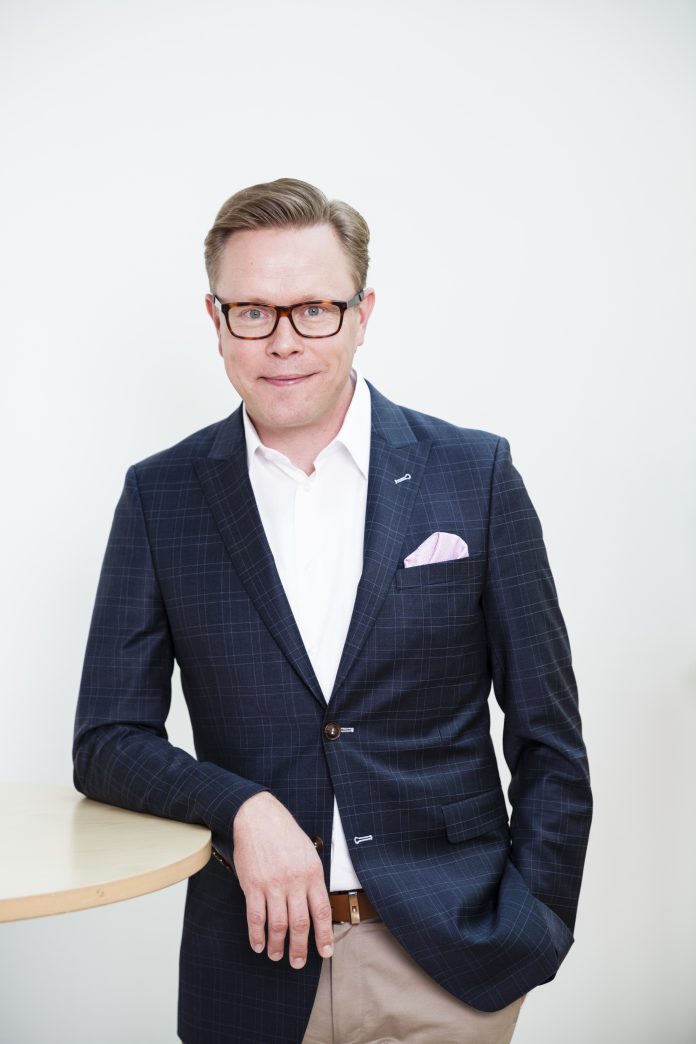Managing director of the Finnish Allergy, Skin and Asthma Federation, Ilkka Repo explores The Finnish Allergy Programme 2008-2018 and what it sets out to do
The Finnish Allergy Programme 2008-2018 was initiated to reduce the burden of allergy in both patients and society. The set-up of the programme was unique. The programme was developed in co-operation with the scientific community, the Finnish government and non-governmental organisations (NGO).
The key players taking part in the programme are the Ministry of Social Affairs as well as health organisations and NGOs, these being the Finnish Allergy, Skin and Asthma Federation, Organization of Respiratory Health and Finnish Lung Health Association (Filha). New scientific insights into immune development in modern, urban societies have challenged conventional thinking. The main idea was to move from allergy avoidance strategy to tolerance strategy. The programmes key messages are as follows:
- Endorse health, not allergy;
- Strengthen tolerance;
- Adopt a new attitude to allergy and avoid allergens only if mandatory;
- Recognise and treat severe allergies early; prevent exacerbations and;
- Improve air quality; stop smoking.
The programme focuses on the general population, patients with allergies and asthma, their families and public-health and patient organisations, as well as both experts and authorities. The programme consists of two strands: the education of healthcare professionals and the information campaign to educate the public.
The Finnish Allergy, Skin and Asthma Federation coordinated the NGO’s effort of informing of public about allergies and asthma in a way that they understand. The information campaign targeted 2.3 million Finnish inhabitants with little or no knowledge of the subject, out of a total population of 5.5 million. This was done through social and conventional media campaigns, lectures, articles and voluntary work.
Both NGO’s also activated their member organisations to reach out to the public. The Finnish Allergy, Skin and Asthma Federation and the Organization of Respiratory Health consist of almost 150-member organisations and around 60,000 individual members, who between them organised a joint action to produce influential media material and campaigns to support the public awareness of asthma.
The Finnish Lung Health Association (Filha), was responsible for the education of healthcare professionals (doctors, nurses, pharmacists etc.). As a result, almost 21,000 health-care professionals have taken part in more than 300 educational sessions.
These essential actions could not have been accomplished without dedicated voluntary work, patient NGO participation, scientific communities steering groups and external funding. The programme was financially supported by the Ministry of Social Affairs and Health. The programme also co-operated with the Finnish National Institute for Health and Welfare.
Today, we are in the final stages of the Finnish Allergy Programme 2008-2018. A leading theory behind the rising allergy and asthma diagnosis rates is the “hygiene hypothesis.” This theory suggests that living conditions in much of the world might be too clean and that kids aren’t being exposed to germs that train their immune systems to tell the difference between both harmless and harmful irritants.
Nevertheless, the fact is that the planet is changing fast. Temperatures are certain to go up further. As NASA has stated the rate of temperature increase has nearly doubled in the last 50 years. This means the environment is changing. Also, the fact is that the prevalence of allergies and asthma are rising. Global warming and the destruction of species in years to come will probably affect the planet more than we can guess. We people are tied to nature from its beginning and nature is tied to us.
It is also obvious that the global trend is urbanisation. By urbanisation, we are decreasingly affected by a touch of nature. The immune system is less and less challenged by nature. Soil, dirt and dust are becoming strangers to both our bodies and immune systems. But how much this habit causes the increasing prevalence of allergies and asthma, remains to be seen.
The results of the 10-year national programme have gone through the mid-term evaluation, which certainly shows promising results. At the same time, it must be underlined that the final results are yet to be studied. The Finnish Allergy Programme 2008-2018 has and will be a truly intriguing effort, to test a paradigm and try to diminish the costs of allergy and asthma to society and individuals suffering from it. Although the results seem promising, it also must be stated that the outcome of the present real-life intervention, including all Finnish citizens, without effective controls, will also be open to criticism.
The final results of the programme will be published in 2018 by the Finnish Allergy, Skin and Asthma Federation, in cooperation with different interest groups, collaborators and scientific community. The world is changing – also within allergies and asthma. This fundamental change introduced is a global concern. To which way tide will turn, of course, wholly depends on us.
Ilkka Repo
Managing director
Finnish Allergy, Skin and Asthma Federation
Twitter: @RepoIlkka











